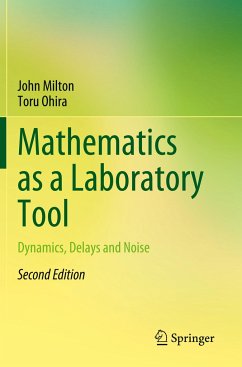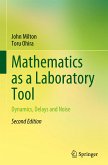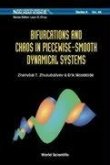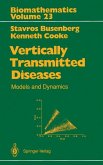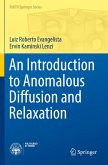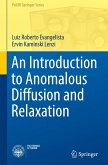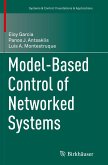The second edition of Mathematics as a Laboratory Tool reflects the growing impact that computational science is having on the career choices made by undergraduate science and engineering students. The focus is on dynamics and the effects of time delays and stochastic perturbations (¿noise¿) on the regulation provided by feedback control systems. The concepts are illustrated with applications to gene regulatory networks, motor control, neuroscience and population biology. The presentation in the first edition has been extended to include discussions of neuronal excitability and bursting, multistability, microchaos, Bayesian inference, second-order delay differential equations, and the semi-discretization method for the numerical integration of delay differential equations. Every effort has been made to ensure that the material is accessible to those with a background in calculus. The text provides advanced mathematical concepts such as the Laplace and Fourier integral transforms in the form of Tools. Bayesian inference is introduced using a number of detective-type scenarios including the Monty Hall problem.
Hinweis: Dieser Artikel kann nur an eine deutsche Lieferadresse ausgeliefert werden.
Hinweis: Dieser Artikel kann nur an eine deutsche Lieferadresse ausgeliefert werden.

